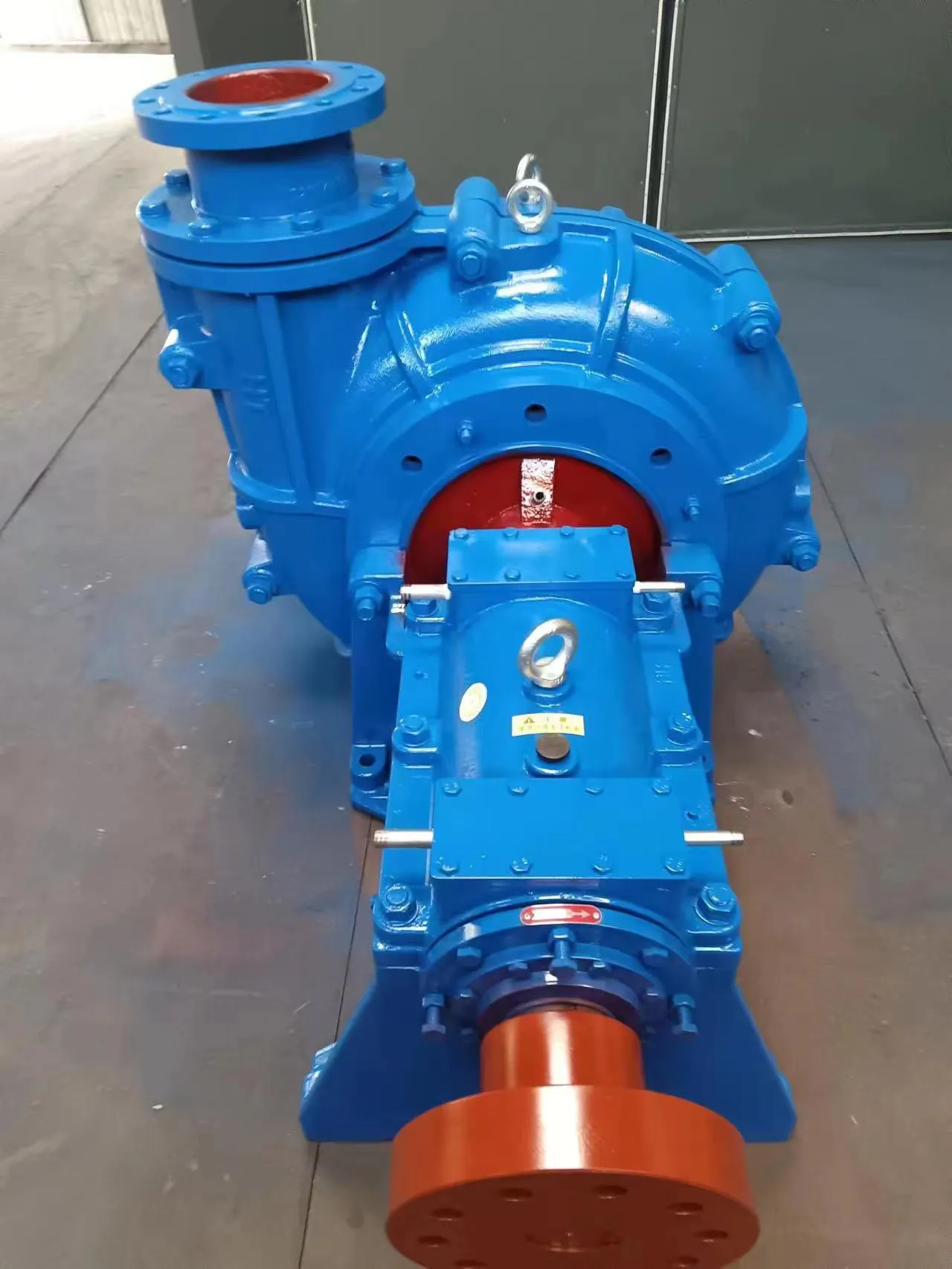English
- Afrikaans
- Albanian
- Amharic
- Arabic
- Armenian
- Azerbaijani
- Basque
- Belarusian
- Bengali
- Bosnian
- Bulgarian
- Catalan
- Cebuano
- Corsican
- Croatian
- Czech
- Danish
- Dutch
- English
- Esperanto
- Estonian
- Finnish
- French
- Frisian
- Galician
- Georgian
- German
- Greek
- Gujarati
- Haitian Creole
- hausa
- hawaiian
- Hebrew
- Hindi
- Miao
- Hungarian
- Icelandic
- igbo
- Indonesian
- irish
- Italian
- Japanese
- Javanese
- Kannada
- kazakh
- Khmer
- Rwandese
- Korean
- Kurdish
- Kyrgyz
- Lao
- Latin
- Latvian
- Lithuanian
- Luxembourgish
- Macedonian
- Malgashi
- Malay
- Malayalam
- Maltese
- Maori
- Marathi
- Mongolian
- Myanmar
- Nepali
- Norwegian
- Norwegian
- Occitan
- Pashto
- Persian
- Polish
- Portuguese
- Punjabi
- Romanian
- Russian
- Samoan
- Scottish Gaelic
- Serbian
- Sesotho
- Shona
- Sindhi
- Sinhala
- Slovak
- Slovenian
- Somali
- Spanish
- Sundanese
- Swahili
- Swedish
- Tagalog
- Tajik
- Tamil
- Tatar
- Telugu
- Thai
- Turkish
- Turkmen
- Ukrainian
- Urdu
- Uighur
- Uzbek
- Vietnamese
- Welsh
- Bantu
- Yiddish
- Yoruba
- Zulu
Telephone: +86 13120555503
Email: frank@cypump.com
Nov . 26, 2024 00:44 Back to list
Guide to Choosing and Maintaining Your Septic Ejector Pump for Optimal Performance
Understanding Septic Ejector Pumps A Crucial Component of Wastewater Management
Septic ejector pumps play a critical role in the management of wastewater, particularly in residential and commercial properties that utilize septic systems. These systems are often employed when traditional sewer lines are not available, particularly in rural areas. An ejector pump is designed to efficiently move wastewater from lower to higher elevations, ensuring that it can flow to the appropriate treatment or disposal area.
How Do Septic Ejector Pumps Work?
The primary function of a septic ejector pump is to transport wastewater and sewage from a septic tank to the designated drainage field or to a municipal sewer system. When waste collects in the septic tank and reaches a certain level, the ejector pump activates. This device is equipped with a sump, which houses an electric motor connected to a large impeller. Once the wastewater reaches a predetermined level in the sump, the pump begins its operation.
As the impeller spins, it creates centrifugal force, removing the wastewater from the tank and pushing it through a discharge pipe. The design of the ejector pump allows it to handle solid waste, which is crucial in septic systems as it minimizes the risk of clogging. Many ejector pumps can handle particles up to 2 inches in diameter, making them versatile in different types of installations.
Importance of Regular Maintenance
septic ejector pump

Proper maintenance of a septic ejector pump is essential to ensure its functionality and longevity. Regular inspections can help identify issues before they escalate into major problems. Homeowners should also be aware of the signs indicating that their ejector pump may require attention. Common indicators include unusual noises, frequent cycling on and off, and a buildup of sewage or wastewater in the system.
Additionally, homeowners should be cautious about what goes into the septic system. Non-biodegradable items, excessive grease, and harsh chemicals can harm the pump and the entire septic system. Simple changes in usage habits can significantly extend the life of the ejector pump and reduce maintenance costs.
The Impact of Ejector Pumps on the Environment
Septic ejector pumps are not only vital for the proper functioning of septic systems but also play a role in environmental protection. By ensuring that wastewater is disposed of correctly, these pumps help prevent contamination of groundwater and surrounding ecosystems. A well-functioning ejector pump contributes to the overall health of the local environment, safeguarding water quality in lakes, rivers, and streams.
Conclusion
In conclusion, septic ejector pumps are an essential component of wastewater management in areas without municipal sewer services. Understanding how they work and prioritizing regular maintenance is vital for homeowners relying on septic systems. By doing so, residents can ensure their systems function effectively, protect the environment, and uphold public health. Investing in reliable ejector pumps and maintaining them will lead to a sustainable and efficient wastewater management solution for years to come.
-
Horizontal Split Case Pump with GPT-4 Turbo | High Efficiency
NewsAug.01,2025
-
ISG Series Pipeline Pump - Chi Yuan Pumps | High Efficiency, Durable Design
NewsAug.01,2025
-
Advanced Flue Gas Desulfurization Pump with GPT-4 Turbo | Durable & Efficient
NewsJul.31,2025
-
ISG Series Vertical Pipeline Pump - Chi Yuan Pumps | Advanced Hydraulic Design&Durable Construction
NewsJul.31,2025
-
ISG Series Vertical Pipeline Pump - Chi Yuan Pumps | Energy Efficient & Low Noise
NewsJul.31,2025
-
pipeline pump - Chi Yuan Pumps Co., LTD.|High Efficiency&Low Noise
NewsJul.31,2025










